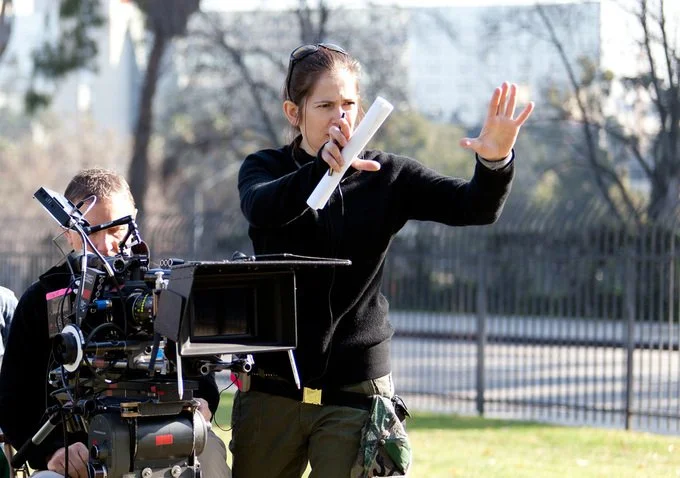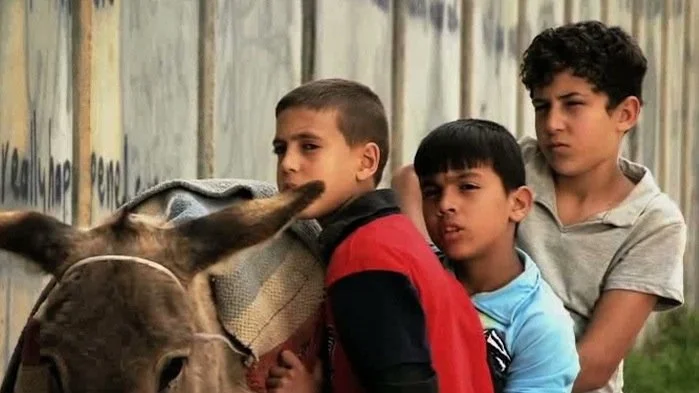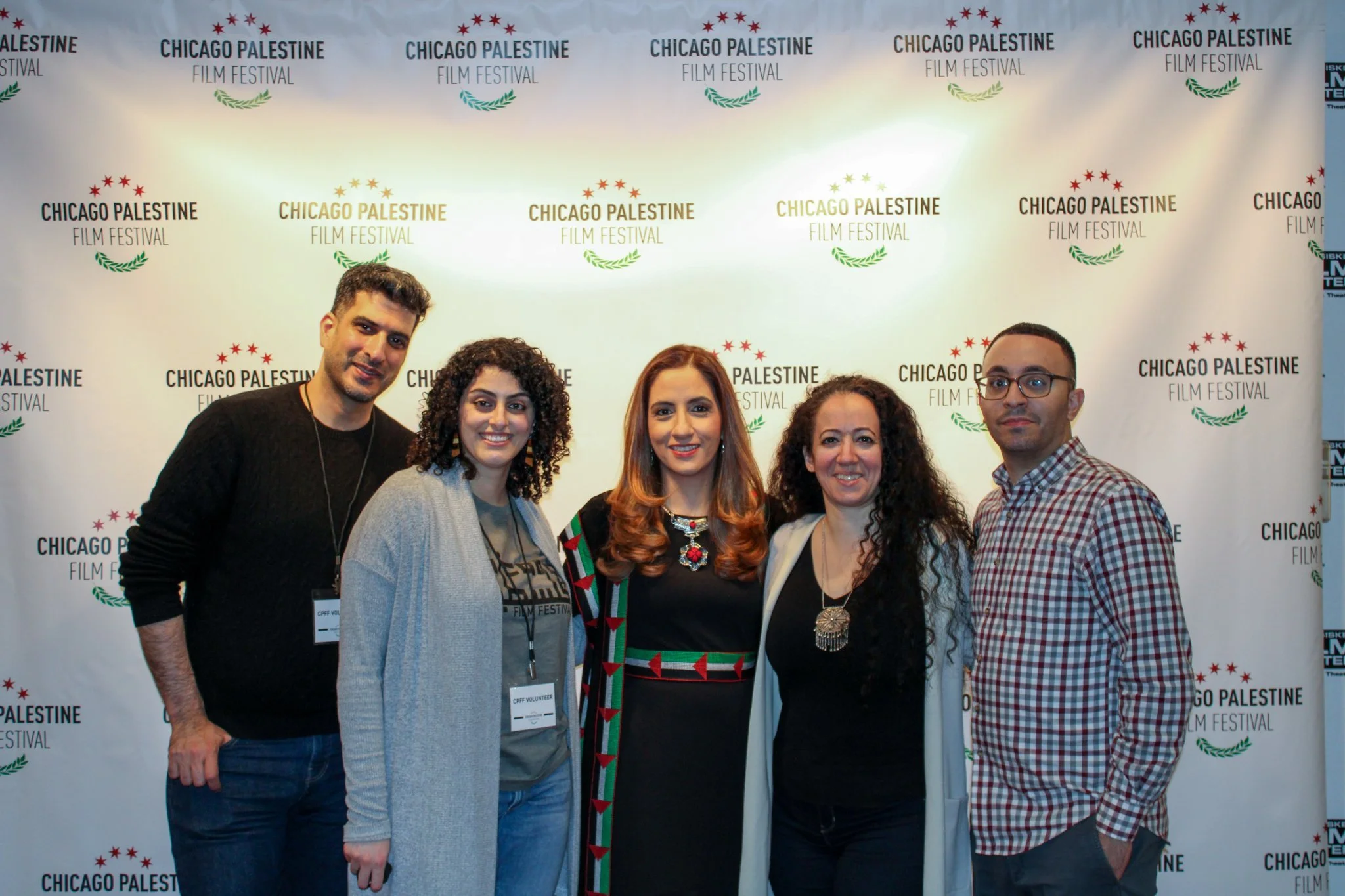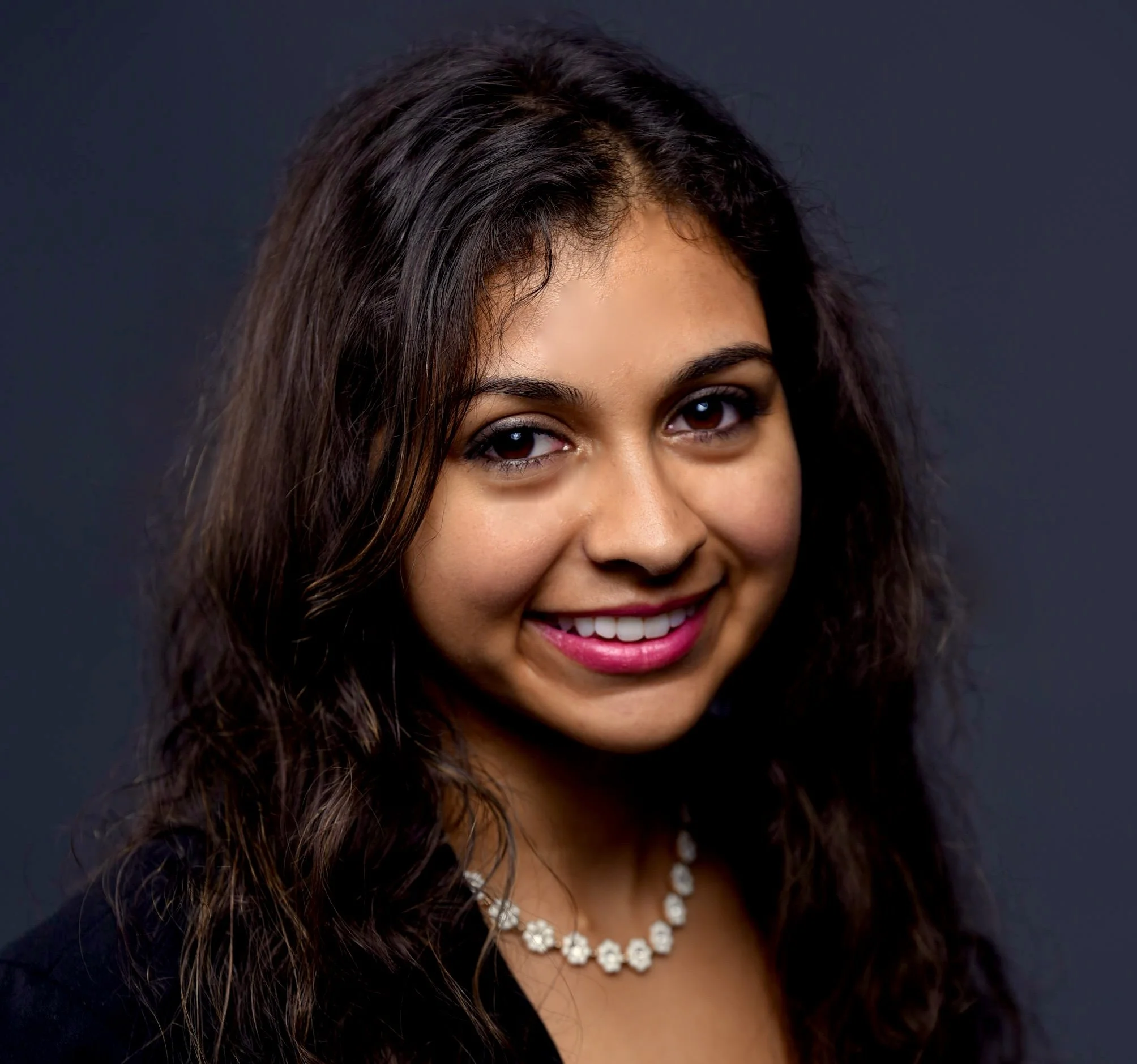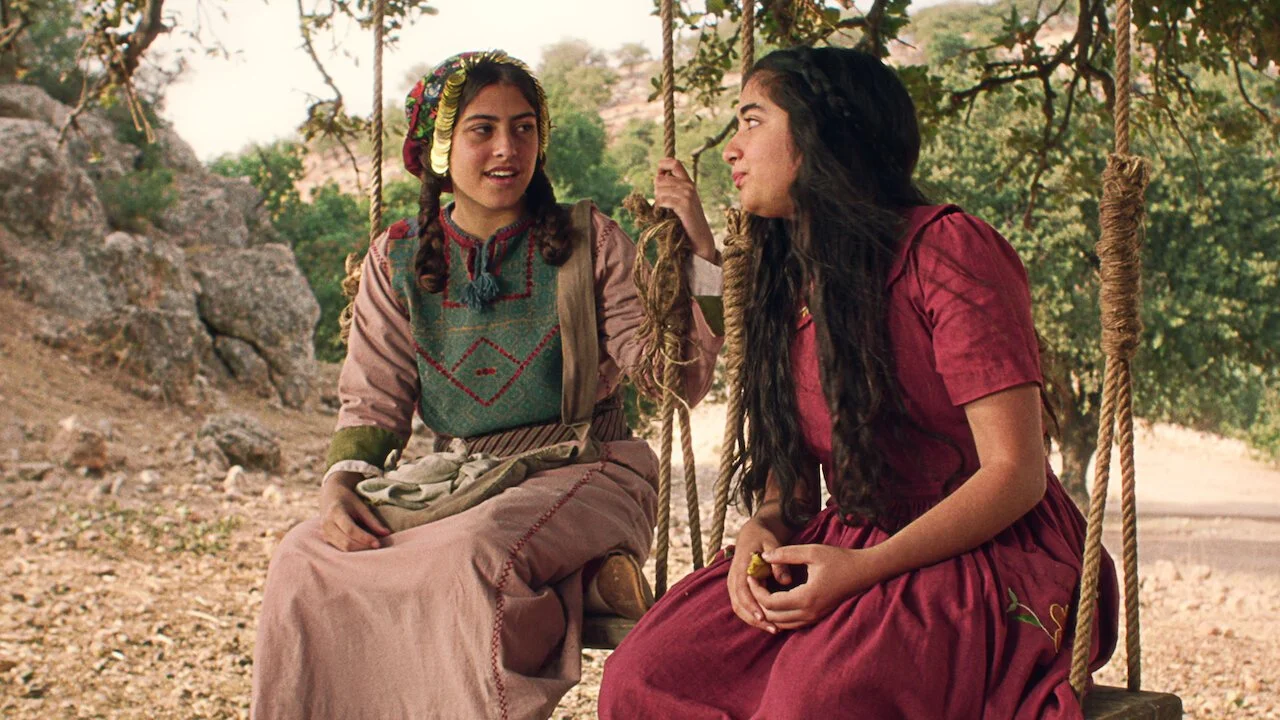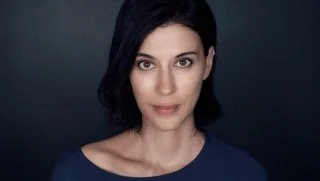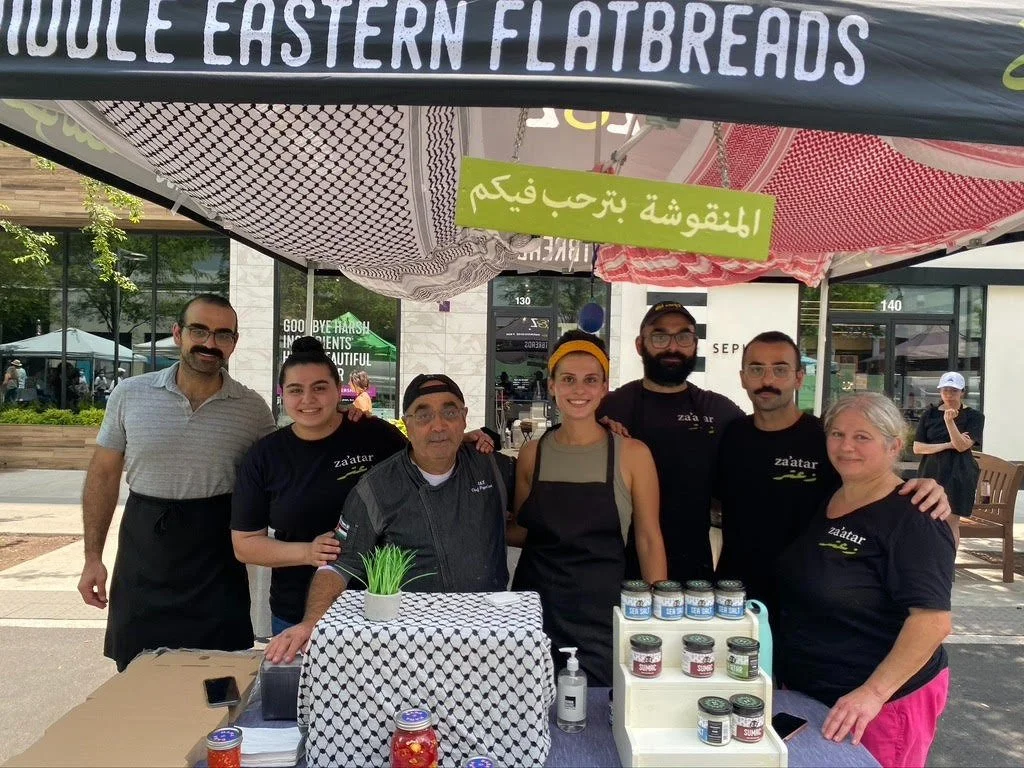The rest of this special edition will introduce you to those players, chronicling their journey to Pakistan and their upcoming preparations for the most important stretch of games in the team’s short history. As you flip through this edition, players like Tarik El-Abour, Malik Abdallah, Tariq Suboh, Yunis Haleem and Zaki Haj will stand out.
Palestine in America
Palestine in America Inc NFP is a nonprofit organization dedicated to creating print and digital magazines that highlight Palestinians in the Unites States. We also pride ourselves on being a platform for Palestinian journalists to jumpstart their careers.
We just published our 15th edition. Please consider becoming a monthly subscriber or ordering our print and digital magazines individually to support our work.
If you have a tip or would like to submit work for an upcoming issue, email us at info@palestineinamerica.com




